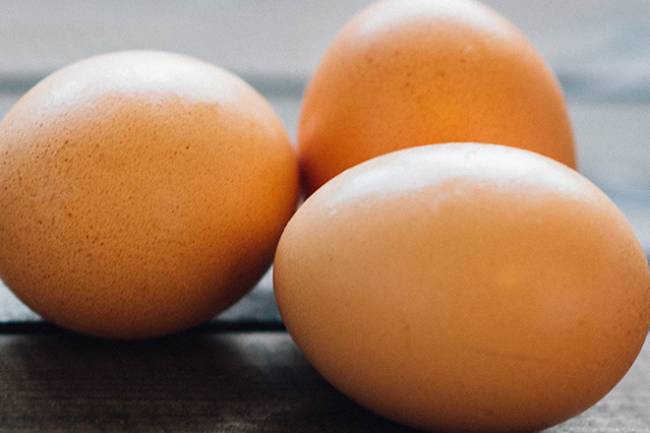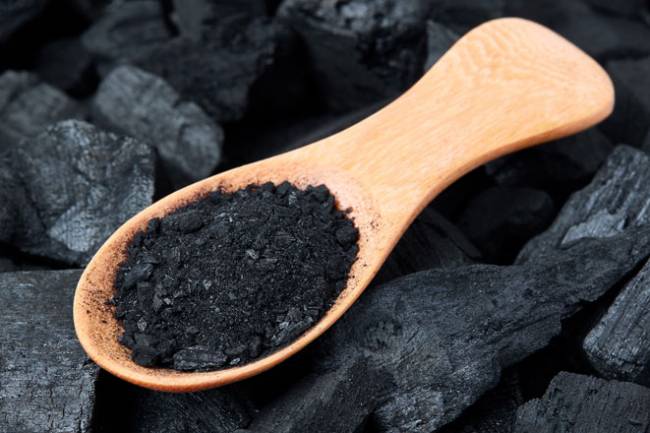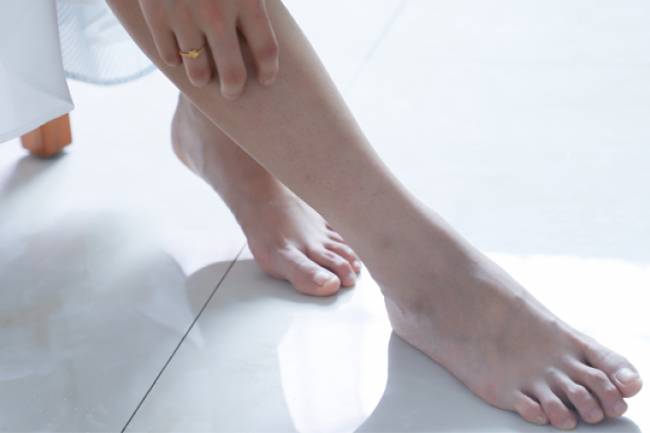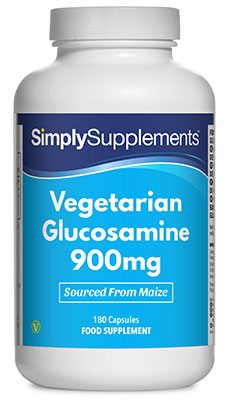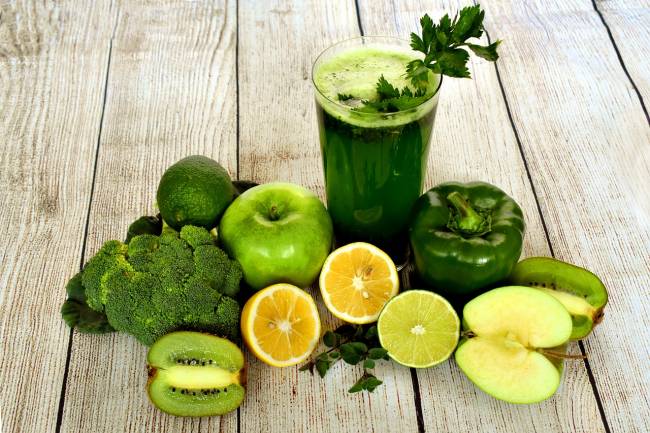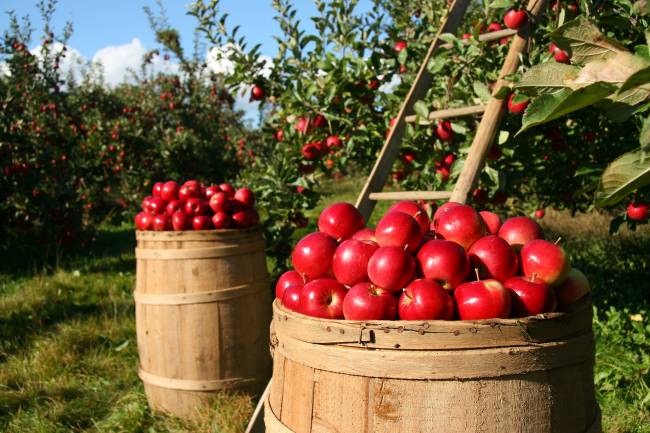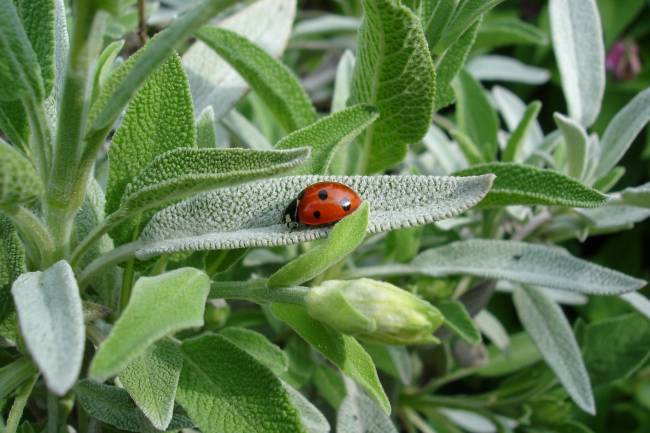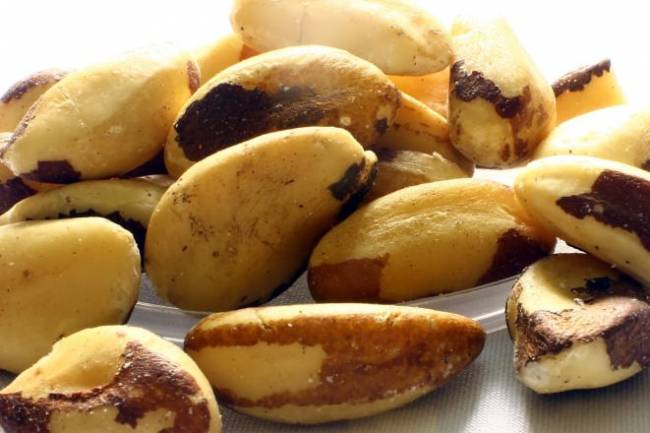The Health Benefits of Montmorency Tart Cherry
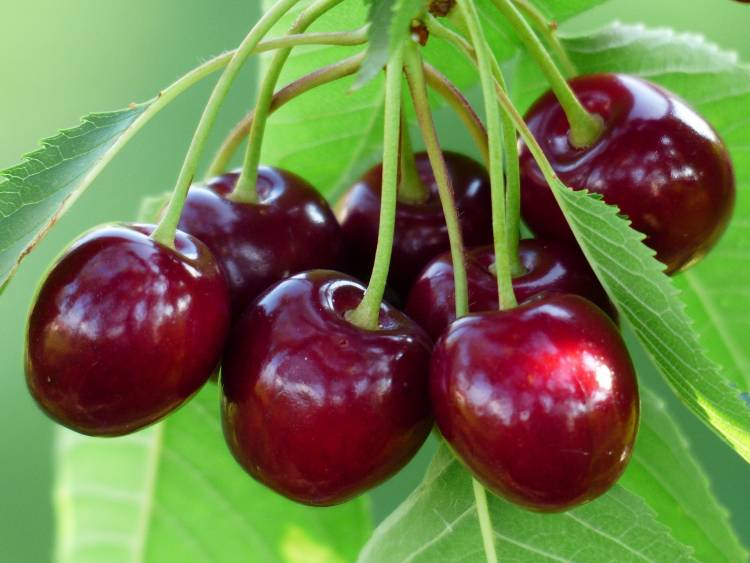
Montmorency cherries (Prunus cerasus), otherwise known as tart or sour cherries, have been a topic of great interest in nutritional science in the last decade. They have a unique nutrient profile which scientists believe will hold therapeutic benefits for a wide variety of people. If you are looking to discover more about this natural powerhouse then this article is for you, as we are going to look at the current research and summarise the benefits so you can decide whether it’s an ingredient that is right for you.
Nutrients in Montmorency Tart Cherry
This type of Cherry is a good source of nutrition as it is high in fibre, while containing a variety of essential micronutrients such as vitamin A, C, K, potassium, manganese and copper. It also provides smaller, but appreciable amounts of B vitamins and magnesium.
Despite acknowledging these, scientists are much more interested in the phytochemicals that the cherries are bursting with. They are particularly high in a family of polyphenols known as anthocyanins and these are what give them their unmistakeable bright red colour. Due to the collection of high quality research studies, we know these are the precious compounds behind the benefits that we will discuss throughout this article.
Sleep
Sleep disturbances are all too common and affect tens of millions of us in the UK alone. So as you can imagine, discovering a natural ingredient which proves to be beneficial would be highly valuable. Well, it seems that Montmorency cherry could be the answer.
The first study to look at sleep improvements was quite small as it only recruited 15 participants for a duration of 2 weeks, but nevertheless it showed that Montmorency cherry extract improved all aspects of sleep and to a similar degree to valerian and prescribed medication.
A larger study was performed 2 years later and verified the preliminary findings. Published in the well-respected European Journal of Nutrition, this randomised, double-blind, placebo-controlled trial reported that tart cherry in juice form was again able to improve all aspects of sleep quality. Specifically, total time in bed, total time asleep and the time taken to get to sleep (sleep efficiency) were all improved. Furthermore, the researchers asked the participants to complete a questionnaire about their sleep quality and these also reported a significant benefit from the cherry juice when compared to those who took a placebo.
The researchers are also confident they know exactly how Montmorency tart cherries improve sleep quality. They are one of the few foods that contain natural melatonin and one of the very, very few that provide enough to have a significant benefit. Melatonin is a hormone released by the pineal gland which regulates the sleep-wake cycle and tart cherries have been shown to elevate blood levels of melatonin. It is therefore through this mechanism that they help people get a good night’s sleep.
Joint Health
Similar to sleep disturbances, joint health issues like arthritis, fibromyalgia and gout affect millions of people in the UK. In recent years, there has been a shift in many doctors’ advice as some are no longer comfortable with their patients taking painkillers like paracetamol and ibuprofen every day. This is because of research studies that have shown potential harm to the stomach and liver with chronic use.
As alternatives, many are now recommending natural remedies such as glucosamine, chondroitin, turmeric, MSM, and rosehip to manage symptoms. Well another ingredient that can be added to the list of natural options is Montmorency cherry.
Tart cherries have been shown to support women with osteoarthritis specifically. In a randomised, double-blind, placebo-controlled trial, twenty women were given Montmorency cherry juice or a placebo for 3 weeks. After this time, it was found that the women taking the cherry juice saw a significant reduction in inflammatory markers that exacerbate arthritis symptoms. The subjective pain scores were also reduced. These findings are impressive, given that 3 weeks is a relatively short amount of time to see much of a benefit.
Looking at gout next, the findings are particularly impressive. Gout is a painful condition that occurs when uric acid levels are abnormally high and the excess crystallises in joint tissue. Gout is thought to affect around 7% of men and 3% of women in the UK. Thankfully, gout suffers can turn to tart cherries for support. One published study from 2014 showed that uric acid levels in urine were on average 250% higher than baseline within 2 hours of consuming Montmorency cherry. This shows that the body quickly excretes uric acid from the blood. Looking at blood concentrations, these dropped by a very impressive 36% within 8 hours of cherry consumption.
The researchers believe that aside from tart cherry’s anti-inflammatory properties, their concentration of a phytochemical called quercetin is behind the benefits to gout. Quercetin can also be found in high amounts in capers, onions, cocoa powder and cranberries.
Heart Health
As Montmorency cherries are brimming with antioxidants and anti-inflammatory molecules, it should come as no surprise that they can help to support the health and functioning of the cardiovascular system.
High blood pressure (hypertension) and an abnormal cholesterol profile (dyslipidemia) are two of the strongest risk factors for heart disease and can both be controlled through tart cherry consumption. In another well-designed research studies, 37 participants between the ages of 65-80 with high blood pressure and high cholesterol randomly received a tart cherry supplement or a placebo for 12 weeks. Compared to the beginning of the study period, the group who took the tart cherry supplement saw significant reductions in blood pressure and LDL cholesterol compared to the group who received a placebo.
A follow-up study using the same population and supplement regime found that markers of oxidative stress and inflammation were greatly reduced, while also seeing evidence of DNA repair. Taking these results collectively, the researchers hope that daily tart cherry intake would lower the risk of developing cardiovascular disease. However this would need to be confirmed by further, large-scale studies.
A very recent study published in the Journal of Medicinal Food has also fed back some interesting findings. In adults with metabolic health issues, researchers found that while tart cherry had no effect on artery stiffness, it did decrease the amount of oxidised LDL cholesterol in the blood. Oxidised LDL cholesterol is more likely to stick to the walls of blood vessels and cause narrowing. This obviously raises the risk of blockages and subsequently heart attacks.
Heart health researchers have also noticed that Montmorency cherry supplements can also improve cognitive function. The scientists found that the supplement improved learning and attention in a group of older adults. They put this down to tart cherry’s ability to reduce oxidative stress, inflammation and systolic blood pressure, which results in the brain being able to perform optimally.
Exercise Performance and Recovery
Any exercise enthusiast or athlete will quickly learn that properly recovering from hard exercise so you can be at your best for the next session is of upmost importance. Delayed recovery also has injury implications, as you may go into your next exercise bout not fully recovered and this is when strains can occur.
The first study to assess the recovery-promoting abilities of tart cherry was an investigation in long-distance runners. The researchers chose a particularly challenging endurance relay race where each participant performed 3 running stints each over a 28 hour period. In the 7 days before and on the day of the event, the runners were given either tart cherry juice or a placebo. It was found that the group who had the juice experienced a smaller increase in pain during and after the event than the group taking a placebo.
A similar study has reinforced the above findings while also providing mechanisms of how Montmorency cherry supplements boost recovery. 5 days before and for 2 days after a marathon run, participants were again given either tart cherry juice or a placebo. Following the marathon and the further 2 days of supplementation, it was reported that the group receiving the cherry juice recovered their muscular strength faster, had significantly less inflammation and oxidative stress and greater antioxidant status than the runners who were given a placebo.
Montmorency cherries are beneficial for resistance exercise too. In 23 young men who were experienced with weight training, it was found that taking 480mg tart cherry capsules for a total of 10 days led to significantly less muscle pain, lower muscle catabolism and faster recovery of strength when compared to their peers who took a placebo.
Team sport athletes also need to take pay special attention to their nutrition practices given that they require high levels of muscular strength as well as aerobic endurance. One study in semi-professional footballers again showed that there are clear benefits. The researchers employed a battery of tests designed to mimic the stresses put on the body during a typical football match. After completion of the tests, it was reported that the group receiving the tart cherry capsules recovered their performance quicker, had less muscle soreness and had lower levels of inflammation.
At this point it would be good to make one thing clear: muscle damage, soreness and inflammation after exercise is not always a bad thing. Exercise and the associated muscle damage is a stimulus for the body to adapt and become stronger, and there is actually research that has shown that taking supplements rich in antioxidants and anti-inflammatory factors post-workout can decrease exercise gains. So it would be wise to use tart cherry supplements selectively and prioritise their use when recovery rather than adaptation is of primary importance. For example during an athletics tournament or a busy schedule of matches.
How Much Montmorency Tart Cherry Should I Take?
Dosage and form are always key considerations when taking supplements, and this is no different for tart cherry. In the research studies, scientists have either used tart cherry juice or a powdered version in capsule form. Both have been shown to be effective and there does not seem to be one that is more effective than the other. However, user tolerance might dictate the best choice, given that taking concentrated capsules may be more palatable than consuming a rich liquid.
With regards to dosage, a number of studies have successfully used 480mg of tart cherry powder in capsule form and this is the best recommendation we can give currently. For liquid versions, 30-60ml of concentrated or 480ml of non-concentrated juice appears to be a good amount to aim for. As tart cherries are a fruit, it should come as no surprise that they are safe and well tolerated with very few, if any, side effects noted in the literature.
Summary
Montmorency tart cherries are a very interesting ingredient and certainly live up to the hype that has been bourgeoning in the last decade. As they help the fight against common issues such as insomnia and arthritis, they have the potential to help a significant proportion of the population. Being natural, nutritious and most importantly safe, you really shouldn’t have many concerns if you are thinking of adding them to your diet.
References:
https://www.ncbi.nlm.nih.gov/pmc/articles/PMC3133468/
https://pubmed.ncbi.nlm.nih.gov/22038497/
https://www.ncbi.nlm.nih.gov/pmc/articles/PMC1010136/
https://pubmed.ncbi.nlm.nih.gov/14566034/
https://www.sciencedirect.com/science/article/abs/pii/S1756464614002886
https://www.ncbi.nlm.nih.gov/pmc/articles/PMC6535740/
https://pubmed.ncbi.nlm.nih.gov/29862410/
https://www.ncbi.nlm.nih.gov/pmc/articles/PMC6413159/
https://pubmed.ncbi.nlm.nih.gov/32429737/
https://pubmed.ncbi.nlm.nih.gov/31287117/
https://www.ncbi.nlm.nih.gov/pmc/articles/PMC2874510/
https://pubmed.ncbi.nlm.nih.gov/19883392/

 Richard
Richard 